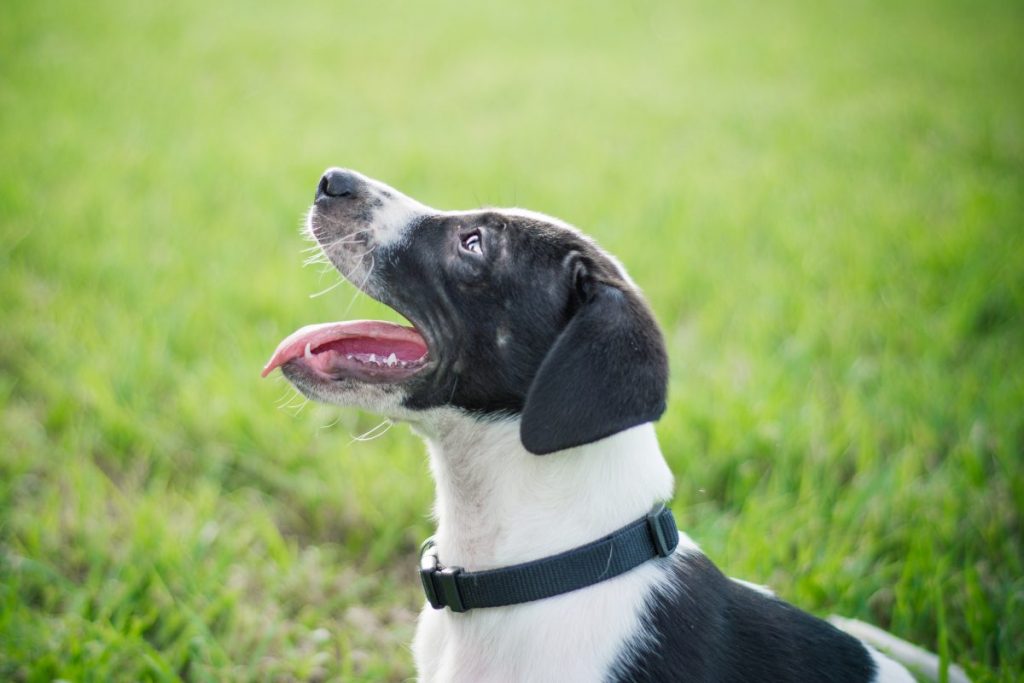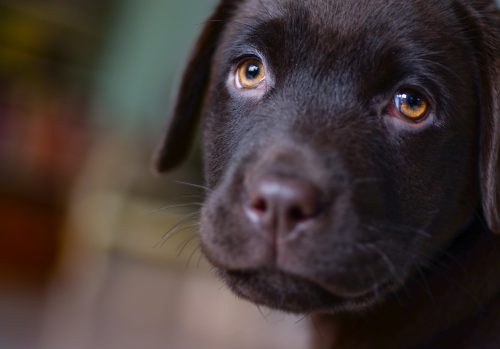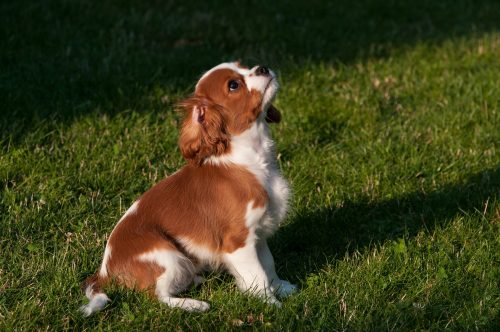Getting a brand new furry addition to the family is an exciting time. It’s also an imperative time to teach him lessons that will last for life, including potty training.
House soiling is among the top reasons why dogs lose their homes and wind up in animal shelters. Very few folks are willing to put up with a canine that destroys flooring and rugs, or who leaves a stinky mess that you have to clean up after a tough day at work.
This is why it’s so critical to teach your pup house training in his formative years. There are a couple of tried-and-true methods for training your new puppy, including:
- Crate Training
- Frequent outdoor trips
- Paper Training
Potty training dogs takes time and patience. It typically takes about four to six months for a puppy to be fully housetrained, but some puppies may take up to a year. Size can be a predictor of this since smaller breeds have smaller bladders and higher metabolisms, leading to more frequent trips outside.
Where to Begin
Experts recommend that you start to potty train your pooch when he is between 12 and 16 weeks old. At this point, he has enough control over his bladder and bowel movements to learn to hold it.
Crate Training Your Puppy
While many people cringe at the thought of confining their puppy to a small space, it is actually a great tool for potty training. It’s also a good idea to accustom your dog to a crate for many reasons, including travel, safety, and vet appointments.
Dogs are naturally denning creatures and will seek out a small canine cave for security purposes. Your pup’s natural denning instinct makes this form of house breaking very, very easy.
The main principal behind using a crate for potty training purposes is that dogs are very clean beings by nature and don’t want to soil their living space. It’s essential that you purchase the right sized crate for your dog. It should be just big enough for your puppy to lie down, stand up, and turn around in. If it’s too large, your dog will think it’s perfectly fine to use one corner for elimination and then happily settle down away from the mess.
When he feels the need to go, your puppy will let you know by either whining or scratching. That’s his signal to you that it’s time to take him out immediately. Don’t delay because if you let your puppy lose control inside the crate, he will think it’s okay to soil his own living space.
Paper Training Your Pooch
For people who live in the city or that have mobility issues, taking your dog outside to go to the bathroom is not an easy task. In these instances, it is best to potty train your pup on pee pads or paper.
Ensure that you have plenty of potty pads in an area that is easily accessible to your dog. Do not move them a lot when he is learning to use them.
While your dog is out of his crate, you should make frequent trips to the potty pads to ask if your pup needs to relieve himself. Depending on the age and bladder strength of your dog, this time will vary. With very young puppies, bringing them to the pee pads every 15 minutes is a good rule of thumb.
When you bring your dog to the pad, use phrases such as “go potty” or “get busy” while he is relieving himself. This is useful so you can train him to relieve himself on command. Remember to reward him with a treat immediately afterward, as well as lavish praise.
Making a Schedule and Sticking to It
This is vital if you want your puppy to succeed at house training. A puppy can only hold himself for up to six hours so it is imperative to take him out regularly. With very young puppies, you should expect to bring them out:
- First thing in the morning
- Last thing at night
- After playing
- After waking up from a nap
- After eating or drinking
- After spending significant time in the crate
Praise
It’s important to reward your puppy for his good behavior. Never scold him for soiling the rug. Likewise, never resort to some old methods of punishment, such as rubbing his nose in the mess. Make him assume he’s a little canine Einstein every time he performs this natural and simple task.
It takes persistence and patience to potty train a puppy. But after he has mastered this skill, it will last a lifetime and make both dog and owner happier.






